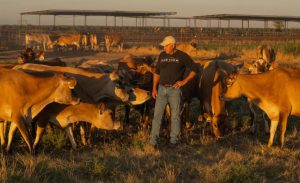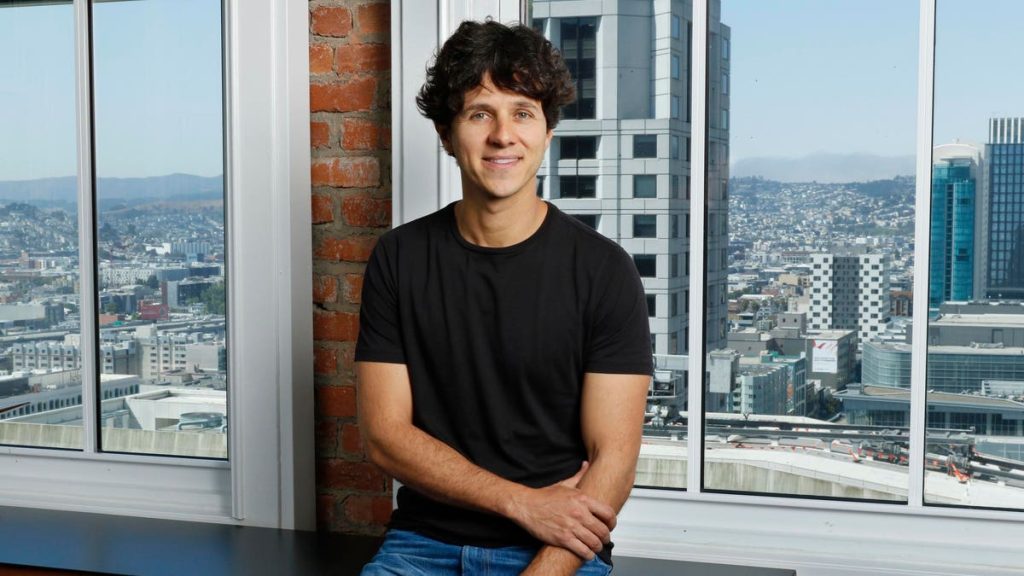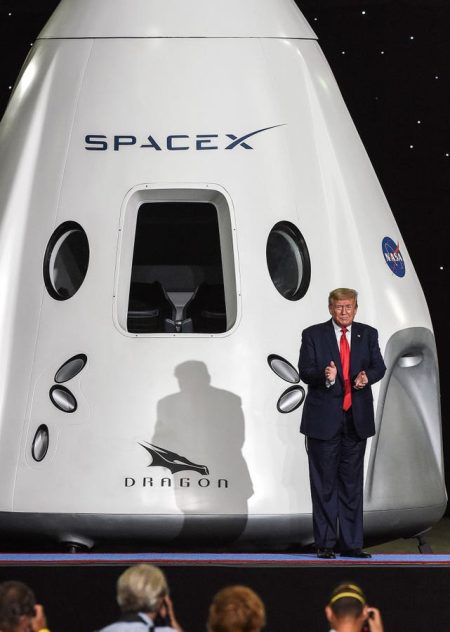When Brazilian entrepreneur Victor Lazarte moved to San Francisco to take the gaming startup Wildlife Studios to the next level, he started meeting with a prominent venture capitalist, Benchmark partner Peter Fenton.
New to San Francisco, Lazarte was quickly making influential friends like the CEOs of Airtable and Scale AI, but Fenton, a longtime Midas List investor known for deals like Twitter and Elastic, could open bigger doors. When Lazarte told him he was struggling with how to define responsibilities with his cofounder, older brother Arthur, the VC introduced him to half of Silicon Valley’s most famous sibling startup duo today: Stripe’s John Collison.
Lazarte wasn’t sure if his company – eight years old and profitable – fit Benchmark’s focus on typically earlier-stage startups, but it didn’t seem to matter. “It felt like this is a guy that will help, because that comes first,” Lazarte said. And Benchmark did make an exception for Wildlife, leading an outsized $60 million Series A at a $1.3 billion valuation. (It’s valued at nearly $3 billion today.) “We just had to be in business with this guy,” partner Eric Vishria said.
And when Lazarte told his investors earlier this year that he was ready to step back as CEO in favor of Amazon veteran executive Peter Hill, Benchmark had a new offer: join the firm as an investment partner.
“I was already doing the work of finding amazing creators and helping them to be successful, and I was working with a lot of founders,” Lazarte told Forbes. “So it felt natural and organic, that hey, Benchmark is a place where that’s what you do all of your time: find exceptional people, and help them create exceptional things.”
Lazarte’s hire takes Benchmark’s current partnership to six, joining Fenton, Vishria and partners Chetan Puttagunta, Sarah Tavel and Miles Grimshaw. All six are generalists, Vishria and Lazarte say, a necessity with such a small group; Lazarte’s gaming background and work with consumer and fintech companies, however, suggest those will be likely areas of focus moving forward.
A consistently smaller partnership is one of the ways Benchmark has historically stood out within venture capital. Founded in 1995 by a group of five partners, the firm has resisted the temptation to launch growth funds or franchise itself out in other geographies since a failed experiment in Europe nearly two decades ago. Its partners still meet in the office together in Menlo Park or San Francisco every Monday for discussions and a dinner with a special guest (typically a CEO, tech luminary or someone on their list of potential hires – or a combination of all three). Though most of the partners have turned over, the firm prides itself on operating similarly to how it did when Forbes profiled the firm in 2015.
“All these decisions, they don’t seem to make a lot of economic sense,” said Lazarte, who instantly becomes an equal owner in the firm’s management company and its investment upside. “But they’re there so that nothing distracts the partners from being the best they can be for founders.” Take away the race for promotions or better economics, and investors can focus on those relationships and board seats better, he adds.
That boutique approach – Vishria notes he has made just 13 investments in nine years at the firm – appealed to Lazarte, who was unable to raise venture capital for his startup when he and his brother set out to build Wildlife in 2011. A math Olympiad competitor turned coder who’d built simple games and sites growing up, he’d studied in Paris on a scholarship and taken a job at JP Morgan before deciding to move back home to go into business with Arthur. When their only offer came in at $50,000 for half the company, they started Wildlife from their parents’ house with $100 – and, when their second game gained traction, were profitable thereafter.
As Wildlife developed several mobile hits, Lazarte met and began mentoring the younger, still-teenaged founders of a local Stripe challenger called Pagar.me. When the duo, Henrique Dubugras and Pedro Franceschi, started a new company called Brex in 2017, Lazarte was one of their first personal investors. And when they raised a Series B funding round a year later and decided to add the first independent director to their board, Lazarte was their first and only call.
Last year, Brex reached a $12.3 billion valuation; earlier this year, it reportedly reached a run rate for annualized sales of $500 million. Dubugras credits Lazarte with helping to teach them how to recruit top talent, execute bold marketing campaigns and navigate Franceschi needing time to focus on his mental health. “A lot of times, founders feel they have to posture with VCs,” Dubugras said. “Victor was really good because he got it. He was like, ‘I’ve been there, it’s part of the journey.’”
“We hire for strength, not lack of weakness,” said Vishria. “Understanding what’s going on in a founder’s head, what they’re grappling with, and helping walk them through that, that’s a very powerful skill. It’s a superpower that Victor has.”
Lazarte also became known for helping founders negotiate fiercely with venture capitalists, Dubugras said – a dynamic the Brex CEO said he’s interested to see play out now on the other side. “My first impression was, ‘Wow, these Benchmark guys,’” Dubugras added. “Being able to recruit Victor is not an easy feat.”
One secret to Benchmark’s recruitment process: it can take years. If Lazarte had said Wildlife needed his full attention for another year, the firm would’ve simply waited, Vishria said. Such an approach is necessary, he argued, given Benchmark’s partner ranks have only ever fluctuated between four and seven, and are more naturally balanced at six. Simple addition would suggest that Benchmark is nearing its upper limit — and that perhaps another investor will follow Uber investor Bill Gurley, who stepped back in 2020, out the door before the firm would hire another partner after Lazarte. Fenton, who joined in 2006 and has a legacy secured by past wins also including New Relic and Yelp, is an obvious candidate. But Lazarte said he expects Fenton to work with him closely now; Vishria said Fenton’s not going anywhere: “It would be a natural assumption, but it would be an incorrect assumption,” he said.
In keeping with the firm’s traditions, Lazarte is relocating back to the Bay Area for the job, after spending the past year in New York. Don’t expect Benchmark to suddenly focus more on Latin America because of Lazarte’s roots, either. “Benchmark has been so disciplined about its approach that when a company receives an investment from Benchmark, it means something,” he said. “The fact that on day one, they turn over the keys to you, means there’s an expectation that after a couple of decades, when my tenure is over, taking an investment from Benchmark means more than what it means today.”
Read the full article here










